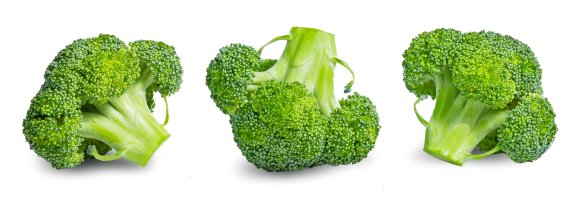Text: Anja Janssen
Koper researched the digestion and fermentation of a number of substances in the human digestive tract. These included the amino acid tryptophan and glucosinolates from broccoli. She put these into a model system that simulated the human stomach, small intestine and large intestine. This SHIME – simulator of Human Intestinal Microbial Ecosystem – consists of a succession of five reactors, each simulating a different part of the gastro-intestinal system. Koper tested the breakdown products in the different compartments for their capacity to activate the immune system.
‘I looked particularly at a specific receptor of the immune system in the large intestine, the Aryl hydrocarbon receptor,’ says Koper. ‘It plays a very important role in the balance in the large intestine, which is known as homeostasis. So we have selected a number of substances that could activate this receptor.’ To switch on the receptor, a substance must have a particular chemical structure: it has to fit like a ‘key’ into the ‘lock’ of the receptor.
Too much
This applies, for example, to the breakdown products of tryptophan that are formed when gut bacteria convert this amino acid. To test this, Koper put the SHIME on a diet with lots of tryptophan. ‘However, we found a much lower level of activation of the receptor than we expected.’ Koper discovered that the amino acid can itself block the receptor, after which the breakdown products can no longer bind other substances. ‘We had probably added too much tryptophan and the bacteria couldn’t break everything down.’
Raw broccoli
Breakdown products of glucosinolates in broccoli and other brassicas can bind to the Aryle hydrocarbon receptor, too. In tests, Koper found the highest activation levels during digestion when raw broccoli was being digested. She concluded that metabolites formed in the stomach by an enzyme in broccoli, myrosinase, are responsible for the activation. This enzyme is destroyed by cooking, and the conversion of the glucosinolates cannot then take place in the stomach.
Koper sees a lot of potential for fine-tuning the immune system with food productions, especially for people with inflammatory bowel disease (IBD). ‘But more studies are needed and we need to validate the effect in real people.’

 Photo: Shutterstock
Photo: Shutterstock